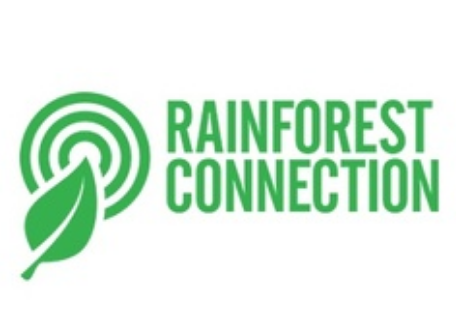Competition Overview
Who doesn't enjoy the morning chirp of a bird or a frog’s evening croak? Animals bring more than sweet songs and natural ambience to the world. The presence of rainforest species is a good indicator of the impact of climate change and habitat loss. As it's easier to hear these species than see them, it’s important to use acoustic technologies that can work on a global scale. Real-time information, such as provided through machine learning techniques, could enable early-stage detection of human impacts on the environment. This result could drive more effective conservation management decisions.
Traditional methods of assessing the diversity and abundance of species are costly and limited in space and time. And while automatic acoustic identification via deep learning has been successful, models require a large number of training samples per species. This limits applicability to rarer species, which are central to conservation efforts. Thus, methods to automate high-accuracy species detection in noisy soundscapes with limited training data are the solution.
Rainforest Connection (RFCx) created the world’s first scalable, real-time monitoring system for protecting and studying remote ecosystems. Unlike visual-based tracking systems like drones or satellites, RFCx relies on acoustic sensors that monitor the ecosystem soundscape at selected locations year round. RFCx technology has advanced to support a comprehensive biodiversity monitoring program that allows local partners to measure progress of wildlife restoration and recovery through principles of adaptive management. The RFCx monitoring platform also has the capacity to create convolutional neural network (CNN) models for analysis.
In this competition, you’ll automate the detection of bird and frog species in tropical soundscape recordings. You'll create your models with limited, acoustically complex training data. Rich in more than bird and frog noises, expect to hear an insect or two, which your model will need to filter out.
If successful, you'll have a hand in a rapidly expanding field of science: the development of automated eco-acoustic monitoring systems. The resulting real-time information could enable earlier detection of human environmental impacts, making environmental conservation more swift and effective.
Read more about the evaluation criteria and rules.
Competition Timeline
February 10, 2021 - Entry deadline. You must accept the competition rules before this date in order to compete.
February 10, 2021 - Team Merger deadline. This is the last day participants may join or merge teams.
February 17, 2021 - Final submission deadline.
All deadlines are at 11:59 PM UTC on the corresponding day unless otherwise noted.
Competition Prizes
Leaderboard Prizes: Awarded based on private leaderboard ranking.
1st Place - $5,000
2nd Place - $4,000
3rd Place - $3,000
TPU Star Prizes: Awarded to the most knowledgeable and helpful TPU experts in the community.
Three $1,000 Prizes
"TPU Star" prizes will be evaluated by experts from Google, on the following criteria:
- Forum and notebook discussion/comment contributions
- Quality of code samples in public notebooks and/or forums
- Thoughtful analysis and explainability of code content
You may become eligible for these prizes either of two ways:
- Kaggle-identified: Kaggle will query all participants in the competition contributing upvoted public notebook(s) and making discussion contribution(s).
- Self-nominated: Submit this form by February 28, 2021 to self-nominate for consideration. At a minimum, you must have shared a public notebook which uses Kaggle's TPU integration on this competition's dataset.
Enter Now!
Visit the competition page on Kaggle to get the full entry details and join the competition with your team.

